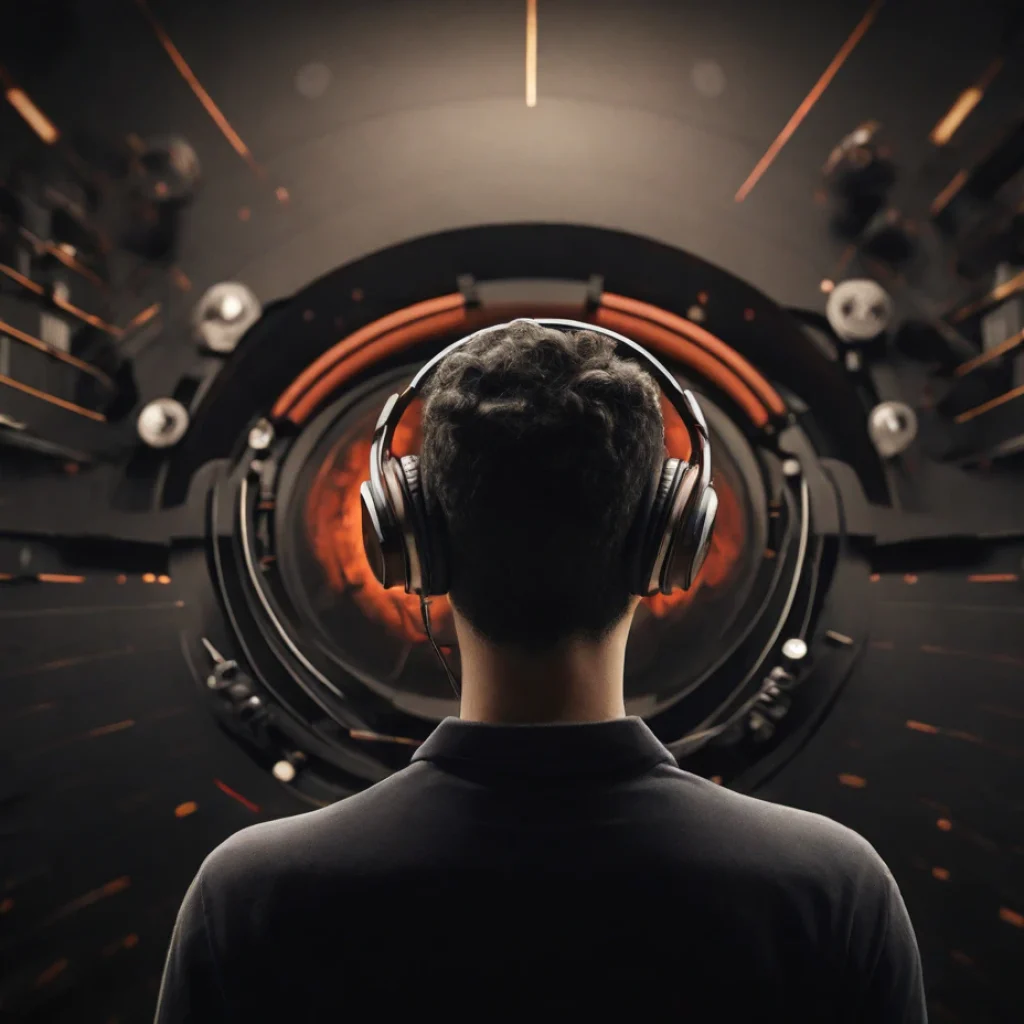In the wake of new unfolding developments, Chinese artists are staging a mass boycott against Xiaohongshu, one of the country’s prominent social media platforms. The controversy erupted after an artist, known as Snow Fish, accused the platform of utilizing her artwork without consent to train its artificial intelligence tool.
This revelation has sparked a broader movement among artists who are now protesting against Xiaohongshu’s AI practices, raising concerns about the unauthorized use of their creative work. As the boycott gains momentum, it reflects a growing insistence within the artistic community for ethical considerations and protection of intellectual property rights.
Xiaohongshu faces criticism over AI training
In August, the controversy surrounding Xiaohongshu’s AI practices began when Snow Fish, a user on the platform, publicly accused the social media site of employing her artwork to train its AI tool, Trik AI, without seeking her permission. The artist claimed that her distinctive style, characterized by sweeping brush-like strokes, vibrant hues, and depictions of natural scenery, was replicated in posts on the platform without her knowledge.
Snow Fish, speaking to CNN, highlighted the issue after friends brought to her attention the uncanny resemblance of other Xiaohongshu posts to her own creations. While Xiaohongshu has not divulged its AI training methods, Snow Fish disclosed that Trik AI privately apologized to her through the official company account. But, she insists on a public apology, spurring a cascade of discontent among artists who feel their rights have been violated.
In response to the controversy, a growing number of artists have joined forces in protest, flooding Xiaohongshu with anti-AI images. Screenshots shared by CNN reveal a barrage of posts with the letters “AI” prominently crossed out, accompanied by a unified message: “NO TO AI GENERATED IMAGES.” This collective action underscores the artists’ determination to resist the potential devaluation of their craft through AI-generated content.
Zhang, a Chinese illustrator, raised concerns about the future impact of AI images, suggesting that they might be perceived as cheaper, akin to plastic bags, and could proliferate widely like plastic pollution, expressing the fear that AI-generated art may proliferate at the expense of genuine artistic expression.
Artists unite against AI generator concerns
The protest on Xiaohongshu echoes similar movements worldwide, particularly in the creative industry where concerns about AI’s impact on artistic integrity have led to strikes and protests. Drawing parallels with writers’ and actors’ strikes in the U.S., where AI concerns played a central role, the artists on Xiaohongshu share a common worry for their livelihoods.
CNN notes the striking similarity in the concerns raised by the artists to those in the U.S., where writers’ strikes recently concluded after reaching an agreement. But, actors continue picketing as they await SAG-AFTRA’s contract negotiations. The Xiaohongshu artists’ protest reflects a broader pattern of workers in creative fields taking a stand against the perceived threats posed by AI to their rights and creative autonomy.
Snow Fish, who maintains privacy using her Xiaohongshu username, emphasized the urgency of the situation, expressing concern that the current situation can be characterized as an outbreak. She warned that without proper attention and resolution, there is a risk of people choosing to remain silent, thereby enabling AI developers to persist in adversely affecting artists’ rights. The Xiaohongshu boycott stands as a potent symbol of artists globally asserting their rights against the encroachment of AI into the realm of creative expression.





